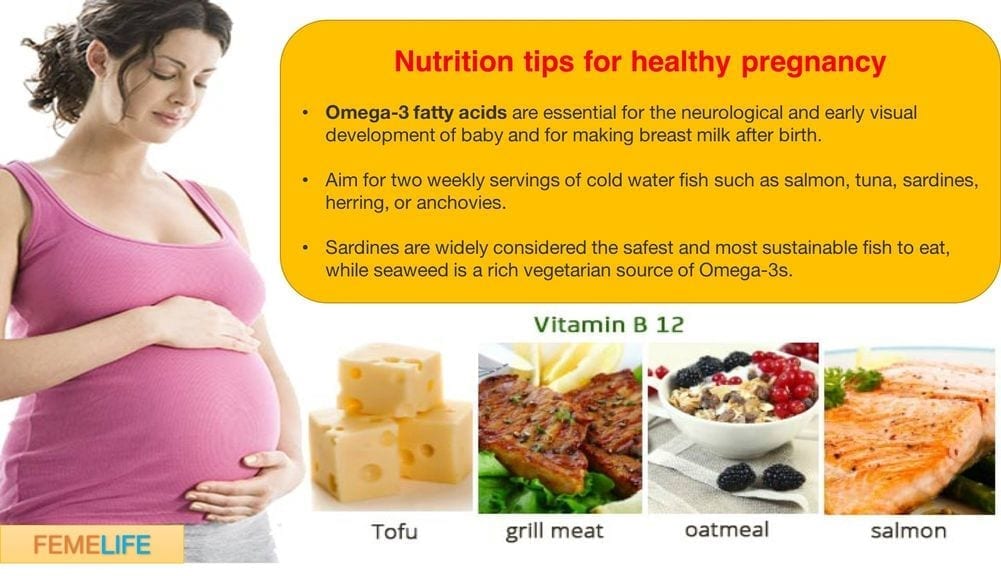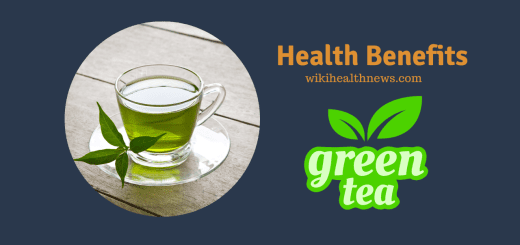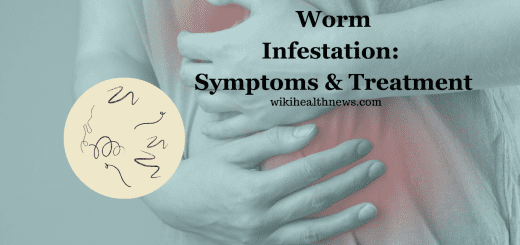Pregnancy and Protein

Proteins and Pregnancy
Eating egg yolks, lean red meat, fish, poultry, legumes, nuts and cruciferous vegetables during pregnancy helps brain development in baby – Femelife Fertility
Prenatal care, also known as antenatal care, is a type of preventive healthcare. What a woman eats and drinks during pregnancy is her baby’s main source of nourishment. A diet that lacks key nutrients may negatively affect the baby’s development. Poor eating habits and excess weight gain may also increase the risk of gestational diabetes and pregnancy or birth complications. Taking probiotic supplements during pregnancy may reduce the risk of complications such as preeclampsia, gestational diabetes, vaginal infections and allergies.
The foetal brain goes through several stages of development. During the first trimester, the nerve cells form which later make the brain. During the second trimester, nerve functions start to synchronize and differentiate. The sensory organ also begin development, as do the nerves.
More protein is needed during pregnancy for a healthy brain development in the baby. When expectant mothers consume sufficient amounts of the nutrient choline during pregnancy, their offspring gain enduring cognitive benefits. This can be obtained from
• Dairy products contain two types of high quality protein: casein and whey. Dairy is the best dietary source of calcium, and provides high amounts of phosphorus, various B-vitamins, magnesium and zinc
• Yogurt, especially Greek yogurt, is particularly beneficial for pregnant women.
.• Whole eggs are incredibly nutritious and a great way to increase overall nutrient intake. They also contain choline, an essential nutrient for brain health and development
• Eggs are a great source of protein, a crucial part of pregnancy diet. The amino acids that make up protein are the building blocks of the cells in the baby.
• Eggs also contain more than a dozen vitamins and minerals, including Choline helps baby’s brain and spinal cord develop properly, and helps prevent neural tube defects.
• Salmon contains the essential omega-3 fatty acids EPA and DHA, which are important for brain and eye development in the growing baby. Salmon is also a natural source of vitamin D.
• Fish liver oil – Fish provides key nutrients that are two omega-3 fatty acids – DHA and EPA which are difficult to find in other foods. Fish is also low in saturated fat and high in protein, vitamin D, and other nutrients that are crucial for a developing baby and a healthy pregnancy. It is not recommended to consume more than one serving (one tablespoon) per day, because too much preformed vitamin A can be dangerous for the foetus. High levels of omega-3 may also have blood-thinning effects.
• Fish with high levels of mercury: Seafood such as swordfish, shark, king mackerel, marlin and tilefish are high in levels of methyl mercury, according to the Academy of Nutrition and Dietetics, and should be avoided during pregnancy. Methyl mercury is a toxic chemical that can pass through the placenta and can be harmful to an unborn baby’s developing brain, kidneys and nervous system.
A mother can pass a Toxoplasma infection on to her baby, which can cause problems such as blindness and mental disability later in life. To prevent toxoplasmosis, the USDA recommends avoiding the following foods during pregnancy:
• Rare, raw or undercooked meats and poultry.
• Raw and undercooked shellfish, such as clams, mussels, oysters and scallops.
Some foods may increase a pregnant woman’s risk for other types of food poisoning, including illness caused by salmonella and E. coli bacteria. Foodsafety.gov lists these foods to avoid during pregnancy, and why they pose a threat:
• Raw or undercooked eggs, such as soft-cooked, runny or poached eggs.
• Foods containing undercooked eggs, such as raw cookie dough or cake batter, tiramisu, chocolate mousse, homemade ice cream.
Red meats are often avoided for their high saturated fat content,
and liver is not commonly eaten.
www.femelife.com











